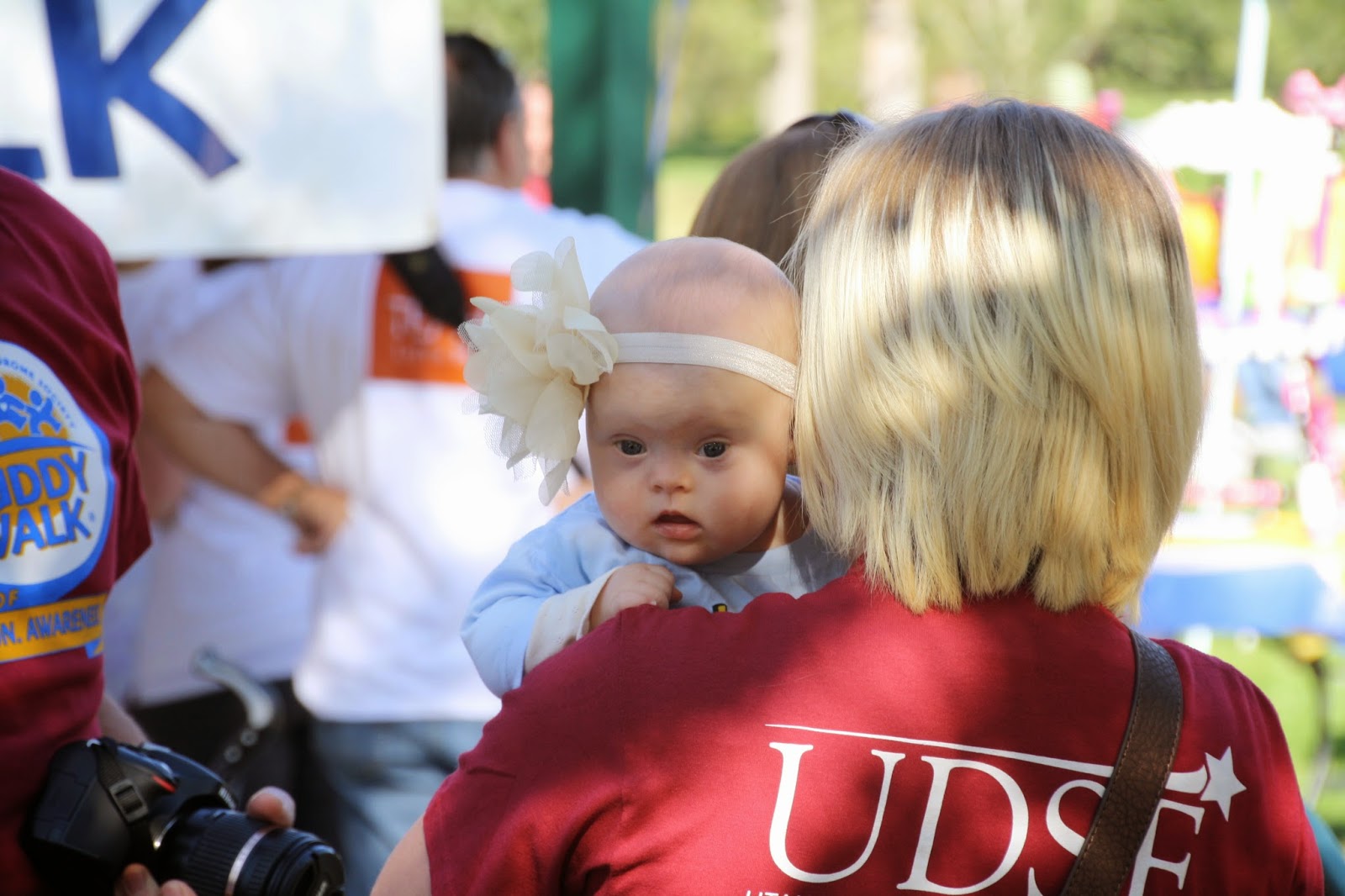Saturday, September 27, 2014
Friday, September 19, 2014
Sunday, September 14, 2014
Peaceful protest a better way to seek change
I've gotta admit it.
Deep down, I was just kind of a little bit glad when I read about two airline passengers who, on separate flights over the course of one week, got belligerent when the passengers in front of them reclined their seats.
I know most everyone else -- especially the people who were expecting to disembark in Paris but instead ended up in Boston -- is disgusted by the behavior, which is disgusting, but it gave me a little spark of hope.
It made me hope that one of two things might maybe happen and make the world a better place: 1. The airlines would disable the reclining feature on seats (except for overnight flights, when it's OK to recline if the person behind you already has), or 2. People would never dare recline their seats in case it would result in them ending up somewhere other than Paris.
There are frustrations inherent in air travel these days. The lines (hurry up and wait), the violations (shoes off, arms up), the deprivations (peanuts for an across-country jaunt?!), the annoyances (you really want your garment bag to take up the space of three carry-on bags?), but we pay the price to get where we're going. And thankfully.
But take a hurried and harried and cramped individual and shave three inches off their face space, and it's like taking a tired and cranky child and biting off a huge chunk of her sucker. It's not going to be pretty and we should understand why.
There are different ways to object, some more effective than others.
You can quietly seethe. You can grip to your neighbor. You can, as the people on the places, make a scene and disrupt everyone else's journey.
When the people of that suburb of St. Louis we've all heard so much about object to their treatment at the hands of the law by peacefully protesting and calling for a change, they make a point.
When they protest by looting, they reinforce a stereotype.
When the citizens of underprivileged or underrepresented nations come to a world body or talk with a neighboring country to seek help or to negotiate controversies, they have a chance at being heard.
When they kidnap and murder in the name of their cause, that chance is lost.
We live in a time when systems are in place to right wrongs.
Sadly, people in many places of the world are truly oppressed and can't initiate change without great personal risk. Some take that risk but through peaceful means, and we need to hear them and help them.
In America, our right to express opinions that differ from established moors is deeply entrenched and rigorously protected.
I have been a protester on a number of occasions. I've gathered signatures, testified before city councils and senate committees, written strongly worded letters.
I've not always won my campaigns to change, but I tried, and I tried in a way that didn't bring harm to others.
I'm not going to make a scene on an airplane.
I'm not even going to write a letter to the airlines (though you can forward this opinion pieces to them if you'd like).
I'm just going to hope that the person in the seat in front of me will think about someone's needs other than his or her own.
And I hope that for Ferguson and Syria and Russia and Gaza and Israel, too.
(In This Together Column by Louise R. Shaw, published in the Davis Clipper, Sept. 4, 2014) (There was a third airplane seating event after this was written.)
Deep down, I was just kind of a little bit glad when I read about two airline passengers who, on separate flights over the course of one week, got belligerent when the passengers in front of them reclined their seats.
I know most everyone else -- especially the people who were expecting to disembark in Paris but instead ended up in Boston -- is disgusted by the behavior, which is disgusting, but it gave me a little spark of hope.
It made me hope that one of two things might maybe happen and make the world a better place: 1. The airlines would disable the reclining feature on seats (except for overnight flights, when it's OK to recline if the person behind you already has), or 2. People would never dare recline their seats in case it would result in them ending up somewhere other than Paris.
There are frustrations inherent in air travel these days. The lines (hurry up and wait), the violations (shoes off, arms up), the deprivations (peanuts for an across-country jaunt?!), the annoyances (you really want your garment bag to take up the space of three carry-on bags?), but we pay the price to get where we're going. And thankfully.
But take a hurried and harried and cramped individual and shave three inches off their face space, and it's like taking a tired and cranky child and biting off a huge chunk of her sucker. It's not going to be pretty and we should understand why.
There are different ways to object, some more effective than others.
You can quietly seethe. You can grip to your neighbor. You can, as the people on the places, make a scene and disrupt everyone else's journey.
When the people of that suburb of St. Louis we've all heard so much about object to their treatment at the hands of the law by peacefully protesting and calling for a change, they make a point.
When they protest by looting, they reinforce a stereotype.
When the citizens of underprivileged or underrepresented nations come to a world body or talk with a neighboring country to seek help or to negotiate controversies, they have a chance at being heard.
When they kidnap and murder in the name of their cause, that chance is lost.
We live in a time when systems are in place to right wrongs.
Sadly, people in many places of the world are truly oppressed and can't initiate change without great personal risk. Some take that risk but through peaceful means, and we need to hear them and help them.
In America, our right to express opinions that differ from established moors is deeply entrenched and rigorously protected.
I have been a protester on a number of occasions. I've gathered signatures, testified before city councils and senate committees, written strongly worded letters.
I've not always won my campaigns to change, but I tried, and I tried in a way that didn't bring harm to others.
I'm not going to make a scene on an airplane.
I'm not even going to write a letter to the airlines (though you can forward this opinion pieces to them if you'd like).
I'm just going to hope that the person in the seat in front of me will think about someone's needs other than his or her own.
And I hope that for Ferguson and Syria and Russia and Gaza and Israel, too.
(In This Together Column by Louise R. Shaw, published in the Davis Clipper, Sept. 4, 2014) (There was a third airplane seating event after this was written.)
Subscribe to:
Posts (Atom)














